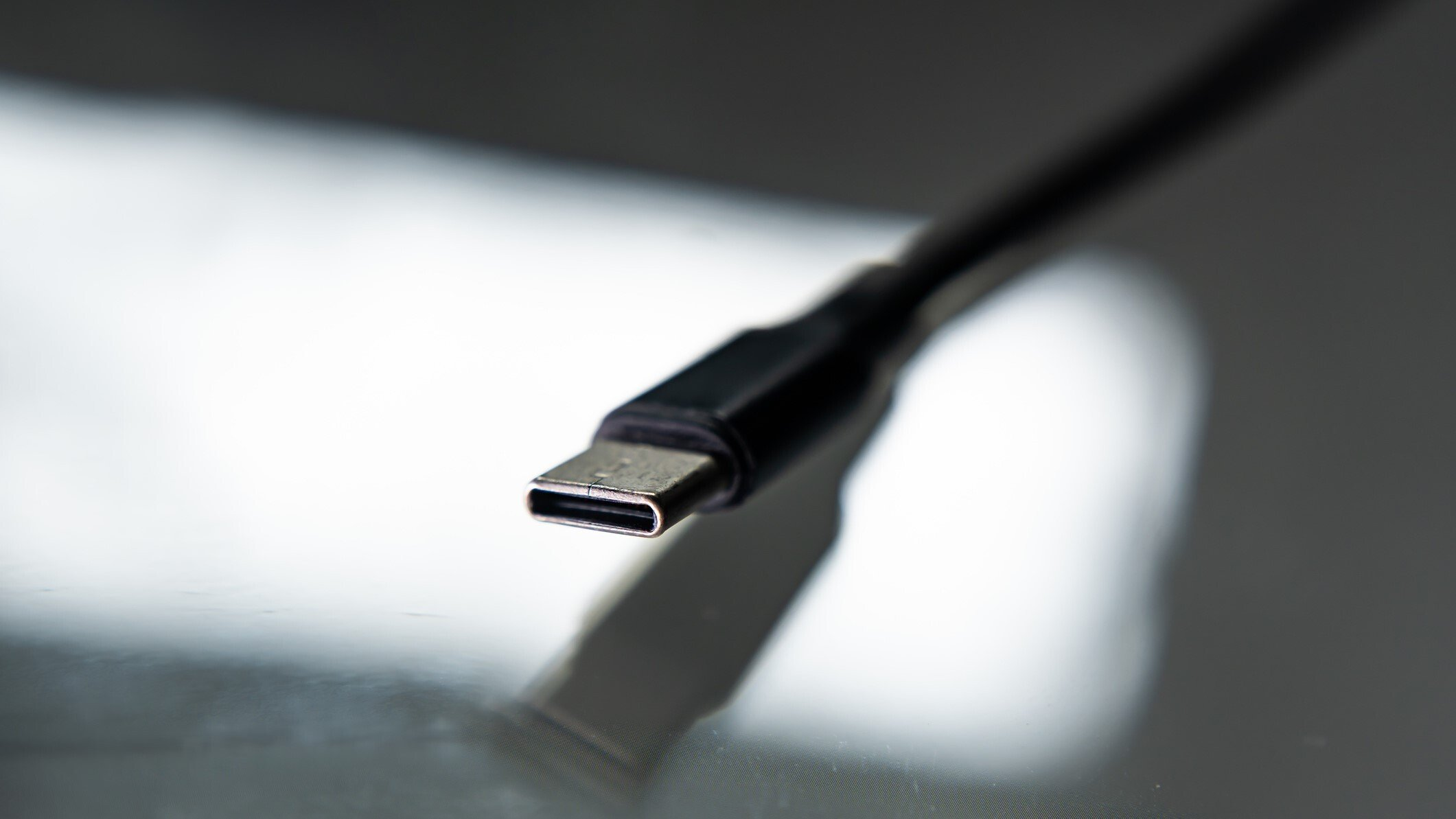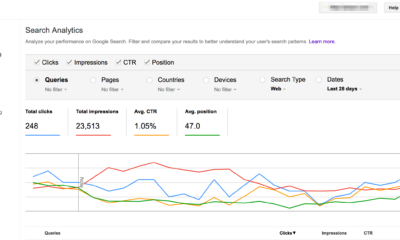Business
E.U. mandates USB-C charging for devices with some questions raised

The European Commission announced Saturday that all new electronic devices sold in the European Union must support USB-C charging by the end of 2024, a move touted as a win for consumers but criticized for potentially stifling technological innovation.
The directive, officially known as the Common Charger Directive, requires devices such as smartphones, tablets, cameras, headphones, and portable speakers to adopt USB-C charging by December 28, 2024. Laptops will fall under the mandate in April 2026, effectively standardizing charging ports across nearly all major consumer electronics sold within the E.U.
The regulation is designed to address two key goals: reducing electronic waste and saving consumers money. According to the European Commission, harmonizing chargers could save consumers €250 million ($258 million) annually on unnecessary charger purchases and cut 1,000 tons of electronic waste from the 11,000 tons produced each year.
“This is a real benefit to us as consumers,” said Margrethe Vestager, former European Commissioner for Competition, lauding the convenience and cost-saving potential of a universal charger.
However, critics argue that the directive could hinder innovation in charging technology. By mandating USB-C as the universal standard, the directive may dissuade companies from investing in superior charging solutions.
Thierry Breton, the E.U.’s commissioner for the internal market, defended the measure, claiming it would promote technological progress while preventing market fragmentation. Yet skeptics, including technology policy experts, dispute this assertion.
Jennifer Huddleston, a senior fellow at the Cato Institute, warned against the unintended consequences of regulatory intervention. “What would have happened if this decision had been made a decade earlier?” Huddleston questioned, noting that stricter regulations could have left consumers reliant on outdated technologies like micro-USB, potentially stifling the development of USB-C itself.
Critics also point to the Commission’s rationale as flawed. While the directive cites convenience, the claim that only two-thirds of owned chargers are in use has drawn scrutiny, particularly when compared to the E.U.’s tolerance of fragmented electrical socket standards like the Type F Schuko socket.
Proponents believe the directive will simplify charging for consumers, but detractors argue it comes at the cost of product differentiation and innovation. As the deadline approaches, the broader implications for the tech industry and consumers remain a subject of heated debate.
-

 Domains6 years ago
Domains6 years ago8 best domain flipping platforms
-

 Business6 years ago
Business6 years ago8 Best Digital Marketing Books to Read in 2020
-

 How To's6 years ago
How To's6 years agoHow to register for Amazon Affiliate program
-

 How To's6 years ago
How To's6 years agoHow to submit your website’s sitemap to Google Search Console
-

 Domains5 years ago
Domains5 years agoNew 18 end user domain name sales have taken place
-

 Business6 years ago
Business6 years agoBest Work From Home Business Ideas
-

 How To's6 years ago
How To's6 years ago3 Best Strategies to Increase Your Profits With Google Ads
-

 Domains5 years ago
Domains5 years agoCrypto companies continue their venture to buy domains








